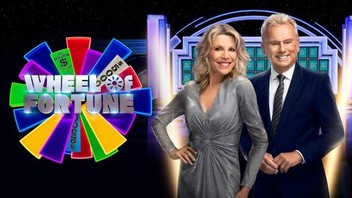The Enduring Popularity of Wheel of Fortune

Introduction
Wheel of Fortune, a beloved television game show, has been capturing the hearts of audiences since its debut in 1975. Created by Merv Griffin, the show combines the elements of a word puzzle with the excitement of spinning a giant wheel, making it a staple of American entertainment. With its simple format and engaging hosts, Wheel of Fortune has remained relevant through decades, allowing for an exploration of its history, cultural impact, and recent developments.
History and Evolution
The original version of Wheel of Fortune premiered on NBC on January 6, 1975, hosted by Chuck Woolery. After a few format changes and transitions, Pat Sajak and Vanna White took over in 1981, solidifying their status as iconic television personalities. Over the years, the show has adapted to audience preferences, including the introduction of special themed weeks and celebrity editions. These adaptations have contributed to its ability to maintain a large fan base.
Impact on Popular Culture
Wheel of Fortune transcends beyond just a game show; it has significantly influenced American pop culture. Phrases like ‘I’d like to buy a vowel’ have entered everyday vernacular, and the show’s iconic theme music, composed by Griffin himself, is instantly recognizable. Its impact is also seen in various parodies and references across different media, showcasing its cultural relevance. The show has also inspired board games, video games, and spin-offs around the globe, reflecting its universal appeal.
Recent Developments
In recent years, Wheel of Fortune has been addressing the changing landscape of television. The COVID-19 pandemic led to the implementation of safety measures such as social distancing on set and health checks for contestants and staff. The show’s ratings have remained strong, bolstered by its syndication and the availability of episodes on various streaming platforms. In addition, the introduction of new digital segments relevant to the younger audience has proved successful in attracting new fans. The ongoing search for a new host to succeed Pat Sajak after his anticipated retirement also sparks interest about the future direction of the show.
Conclusion
With over four decades of history, Wheel of Fortune continues to stand as an emblem of family-friendly entertainment. As it navigates the challenges of modern television, the show’s ability to engage and entertain remains unwavering. Whether you’re a lifelong fan or a newcomer to the show, it’s undeniable that Wheel of Fortune holds a special place in the hearts of millions, poised to maintain its legacy for years to come.








